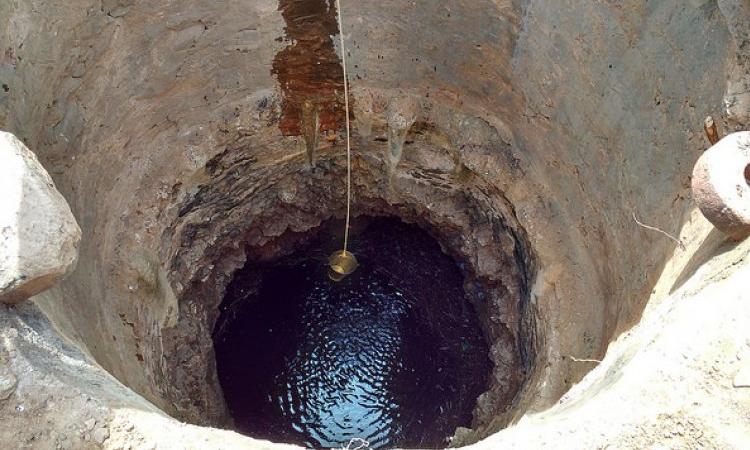
Delhi, Punjab, Rajasthan and Haryana vulnerable to severe water scarcity
As per the latest assessment by the Central Ground Water Board (CGWB), Delhi, Punjab, Rajasthan and Haryana consume much more groundwater than their rechargeable limit every year, making them vulnerable to severe water scarcity. In Punjab and Haryana, the culprit is the indiscriminate use of groundwater in agriculture and the CGWB has recommended discontinuing free electricity to farmers to stop the misuse. Along with this, the groundwater board has also recommended incentivising drip irrigation and sprinklers for encouraging their use in agriculture.
Millions drink faeces contaminated water in South East Asia: WHO report
According to the UN-Water Global Analysis and Assessment of Sanitation and Drinking-Water (GLAAS) 2017 report, 630 million people in the South East Asian countries, including India, use a faeces- contaminated drinking water source, putting themselves at the risk of contracting cholera, dysentery, typhoid and polio. Also, the report has observed that despite these countries having increased their budgets for water, sanitation and hygiene at an annual average rate of 4.9 percent over the last three years, 80 percent of the countries report insufficient financing.
Teesta issue remains unresolved
During Bangladesh Prime Minister Sheikh Hasina’s visit to India last week to discuss various policy matters, no consensus has been reached between the two countries over the Teesta water sharing agreement mainly due to the precarious state of the river. As per the data, the Teesta river is left with only one-sixteenth of the water needed for agriculture by the two countries during the dry season, from February to May. However, leaders from both the countries have expressed confidence that a Teesta deal will be reached soon.
Bengaluru does not require rationing of drinking water as of now
Karnataka water minister M.B. Patil has advised Bengaluru Water Supply and Sewerage Board (BWSSB) to ration drinking water as it will help the board supply water to the city beyond June 15. The latter, however, has denied any plans of water rationing because, as per the board, the city is not facing any shortage in supply. At present, the supply from Cauvery is 1,350 million litres per day (MLD) but if the state does not receive adequate monsoon rains, the supply may get affected and get reduced by 30-40 MLD.
Mumbaikars came forward to clean mangroves
Nearly 100 residents of Kandivali in Mumbai have come together with NGOs and Brihanmumbai Municipal Corporation workers to clean a whopping 20,000 kg of trash from the region's mangroves. The workers from BMC will continue the cleanup works over the next week. Along with this, the BMC will also depute a field marshal to stop people from disposing of plastic waste in the mangroves. The cleanup efforts will also prevent the region from flooding during the monsoon season.
This is a roundup of important news from April 11 - 17, 2017. Also read the policy matters this week.